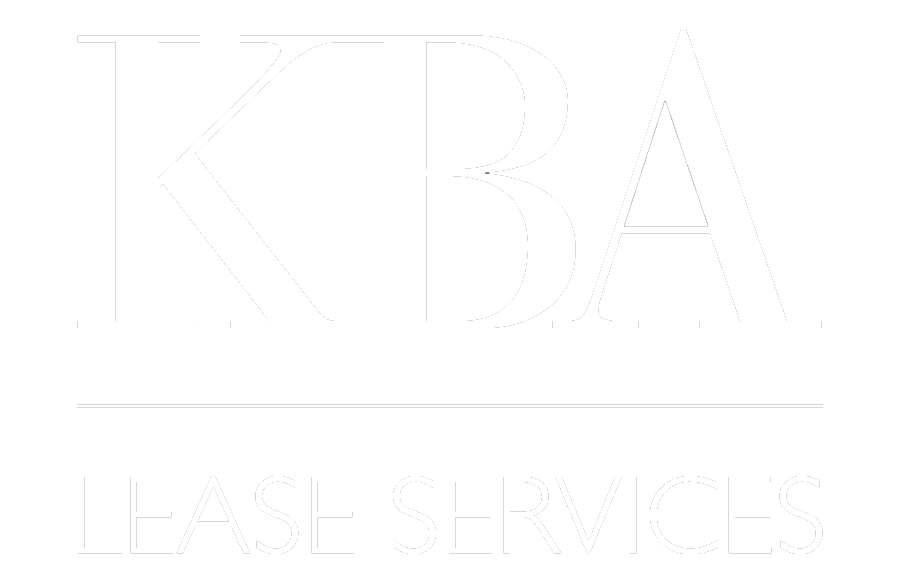In their continuous search for new ways to reduce costs, companies have shifted their focus to non-core expenses that are still significant to the bottom line. One of these areas is real estate leasing costs, which many corporate executives have traditionally viewed as non-controllable. However, an increasing number of companies now realize that there is significant waste in such leases, and that both short-term and long-term costs can be reduced through a properly focused lease audit program.
Where Do Errors Occur?
The vast majority of errors in commercial lease charges show up in the calculation of expense and tax pass-throughs. Most leases include provisions that allow landlords to charge their tenants some of the costs of maintaining their buildings, including cleaning, repairs, landscaping, utilities, management services, and property taxes. These items can make up as much as 70% of the overall cost of occupancy. Mistakes occur when Landlords charge their tenants for items that are outside the scope of what’s allowed by the lease. For example, landlords often improperly charge tenants for tenant-procurement costs, financing and ownership costs, building depreciation, and capital improvements. For a more expansive scope of what can go wrong, click here.
How Does a Lease Audit Work?
Properly conducted lease audits include a very intensive and individualized analysis of the rent and additional rent charges of each lease. This review includes scrutiny of lease language, a comparison of costs to market rates and on-site reviews of the property manager’s books and records. In the event issues are identified, with the client’s consent, the audit firm takes steps to resolve them. If properly handled, most claims can be resolved through dialogue with the landlord.
Resolution often involves finding creative solutions that can satisfy both parties. Many cases are resolved through reduced future rents, revised billing practices, releases from unwanted space, more favorable renewal terms, tenant improvements, and modified sublet options.
Effect on Landlord-Tenant Relationship
Landlords appreciate the diligence with which fiscally responsible tenants manage their costs. A professionally managed lease audit does not disrupt the delicate landlord-tenant relationship, and will often improve it by coordinating expectations and clarifying practices.
How Does Compensation Work?
Typically, specialized lease audit firms are compensated with a share of the savings achieved. Of course, this means that the tenant has no financial obligation to the audit firm unless and until the tenant achieves savings. This arrangement ensures alignment of the firm’s objectives and client interests, so that the audit focuses on areas that provide the greatest potential for savings.
Saving Money
In the 25 years during which lease auditing has become a recognized service, it has proven its value. It has produced substantial savings for corporations and has helped ensure the fairness of tenant-landlord relationships. Today, as corporations look even more critically at their real estate costs, lease audits are likely to continue their growth.
